
March 25, 2022
Kemper Award reflects Noble’s unwavering dedication to students
Professor Jim Noble was "totally surprised" to receive the Kemper Fellowship for Excellence in Teaching. Those who know him weren't.

March 25, 2022
Early study finds viewers may not pick up on mathematical, analytical color cues
Information Technology Program Director Brian Maurer is studying how people interpret color palettes in media.

March 23, 2022
Harnessing the power of AI to advance knowledge of Type 1 diabetes
An interdisciplinary team of researchers from the University of Missouri, Children’s Mercy Kansas City and Texas Children’s Hospital has used a new data-driven approach to learn more about persons with Type 1 diabetes.
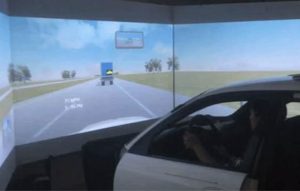
March 23, 2022
Mizzou Engineer studies motorist behavior around truck platoons
Professor Carlos Sun recently led a study investigating how motorists behave when faced with a truck platoon in work zones.
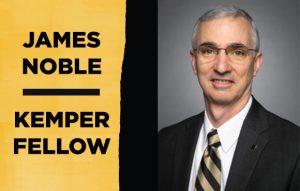
March 22, 2022
Noble receives William T. Kemper Fellowship for Teaching Excellence
IMSE Chair and Professor James Noble received a 2022 William T. Kemper Fellowship for Teaching Excellence.
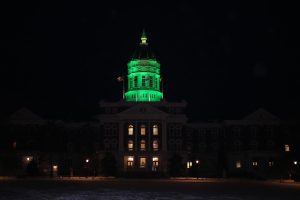
March 22, 2022
E-Week 2022: “Patapalooza” Celebration
Mizzou Engineering students, faculty, staff and alumni took part in what many consider the best week of the year - Engineers' Week!
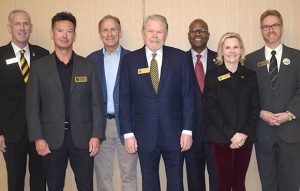
March 22, 2022
Dean’s Advisory Council hears plans to boost College research activities
The Dean's Advisory Council learned more about Mizzou Engineering's focus on increasing research activity over the coming decade.

March 21, 2022
DeMaire receives 2022 Missouri Honor Award
Doug DeMaire, BS IE ’68, MS IE ’69 has received the 2022 Missouri Honor Award recognizing his outstanding contributions to the College of Engineering and the engineering profession.
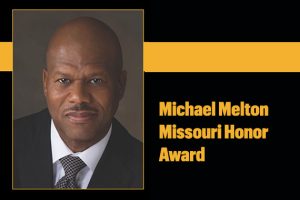
March 21, 2022
Melton receives 2022 Missouri Honor Award
Michael Melton, Esquire, BS EE ’81, JD ’84, has received the 2022 Missouri Honor Award recognizing his outstanding contributions to Mizzou Engineering and extraordinary efforts to help support students and young alumni.
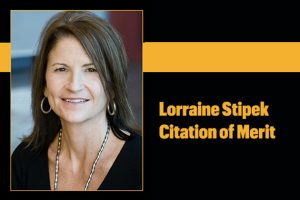
March 21, 2022
Stipek receives 2022 Citation of Merit
Lorraine Stipek, BS EE ‘86, has received the College of Engineering’s 2022 Citation of Merit Award recognizing her significant contributions to the industry and service to MU.